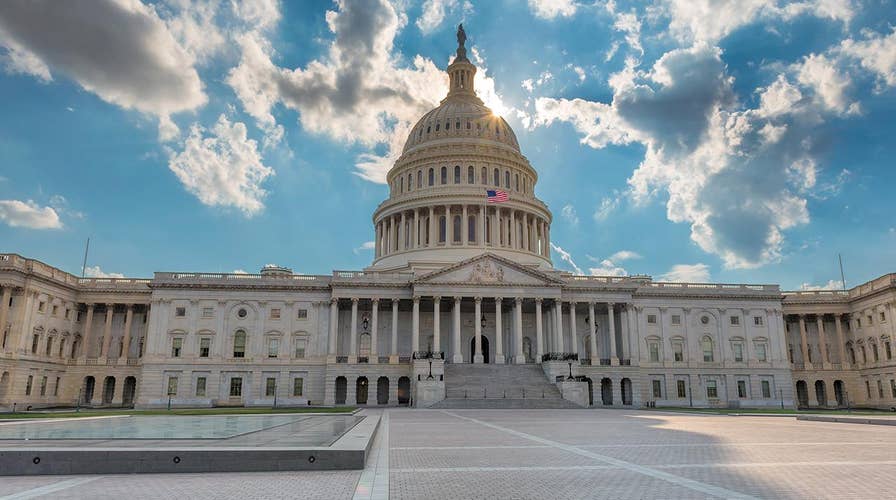Midterm elections: What a divided Congress means for the future
The midterms leave power split in Washington as Democrats retake control of the House of Representatives and Republicans expand Senate majority. But what does a divided Congress mean for the future?
The big story coming out of Tuesday’s midterm elections is how totally the news media missed the issue of what waves were building.
There was no red wave. If there had been, Republicans would have kept majority control of the U.S. House and had even more pickups in the Senate.
There was no blue wave. If there had been, Democrats would have gained control of the Senate.
NEWT GINGRICH: MY MIDTERM PREDICTIONS – TRUMP REVOLUTION IS SAFE EVEN IF DEMS TAKE THE HOUSE
There was an underreported green wave, which attempted to drown Republicans in left-wing money.
And there was the usual anti-Republican liberal media wave, which tried to prop up Democrats.
This was a fascinatingly complex election in which unique Republican personalities won re-election as governors in New Hampshire, Vermont, Massachusetts, and Maryland – three clearly blue states and one purple state in the Northeast.
The biggest change in this election was the sheer volume of money generated by left-wing billionaires and activist groups who hate President Trump.
In congressional race after congressional race, Republicans suddenly found millions of dollars poured in against them on a scale that resembled Senate races in the past.
House Republicans had hurt themselves by allowing the number of House incumbent retirees to become larger than any time since 1930, when the Brookings Institution started tracking congressional retirements. Breaking an 88-year record for retirees is a tough way to start an off-year election for the incumbent president’s party.
Despite this institutional disadvantage, President Trump’s House losses were far less than either the 54 seats President Clinton lost in 1994 or the 63 seats President Obama lost in 2010.
Measured against the Clinton and Obama standard, you would have to give President Trump an A+ for keeping Republican House losses to a minimum – and setting the stage for a Republican majority comeback in the 2020 presidential election.
In the Senate, the president, working with Majority Leader Mitch McConnell, R-Ky., put together a great, focused campaign that has reversed historic norms and gained seats.
In fact, as I am writing this, it appears that enough Republicans will have won Senate seats that it will be far more difficult for Democrats to have a shot at winning a Senate majority in 2020 than anyone might have expected.
The best example of the green wave’s failure is Rep. Beto O’Rourke, D-Texas. He became the darling of the media – the left’s political rock star to battle Republican Sen. Ted Cruz, who the media despises.
O’Rourke raised more than $70 million, a record for a U.S. Senate race – and an amount we used to associate with presidential campaigns. After all the liberal media hype, and the sheer volume of money from the green wave, O’Rourke lost.
Once again, the voters of Texas disappointed the liberal media by refusing to elect their darling.
Republicans gained Senate seats to an unprecedented degree, because President Trump personally crisscrossed the county holding massive rallies, which dwarfed the size of former President Obama’s rallies.
This was President Trump’s victory, and he and Sen. McConnell will use it well to continue getting judges and other nominees confirmed by the Senate, to block left-wing actions by the Democrats, and to set the stage for key legislative achievements the American people want (probably starting with infrastructure investments and reforms).
The president defeated both the money wave and the liberal media – and had a very successful midterm election for a first-term president.

